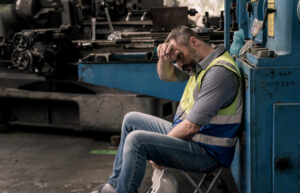Packaging that preserves the physical integrity of the product is part of the taxpayer’s production chain. This was the argument accepted by the 3rd Panel of the Higher Chamber of CARF (Administrative Council for Tax Appeals).
In a decision , CARF allowed the use of PIS/COFINS credits on packaging material, stating that the wrappings were not merely for transportation, since they preserved the product against dirt and contamination.
The case concerned a company producing plastic resin that wanted to take credits on packaging material, such as big bags, plastic film and pallets, on the grounds that the essentiality and relevance of the material to the production activity would characterize them as inputs.
With its decision, CARF is in line with the understanding of the Superior Court of Justice, which establishes that the concept of input refers directly to the essentiality and relevance of the good within the company’s production process. The rapporteur of the case, Erika Costa Camargos Autran, understood that the absence of packaging material would make the company’s activity unfeasible.
However, there was disagreement as to the essentiality and relevance of the pallets in the company’s production process, on the grounds that only big bags, protected by plastic film, would be sufficient to protect the products. The dissent was defeated, so that the pallet was also considered relevant and essential to the production activity, guaranteeing the company the right to take credits on them.
In view of this decision, it is up to the taxpayer to assess the essentiality and relevance of the packaging materials used in its production process, in order to benefit from the PIS/COFINS credit in relation to the expenses incurred in acquiring this packaging.







